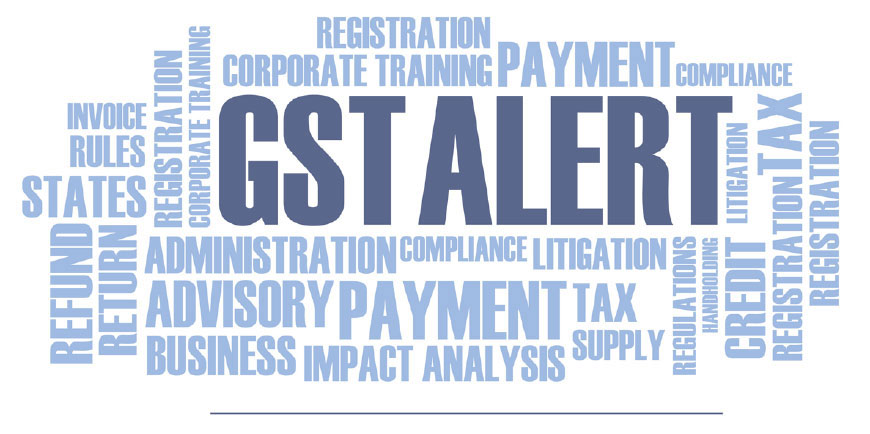- Dated 01st September, 2025

SC Upholds Exporter’s Right to MEIS: Procedural Error Cannot Defeat Substantive Entitlement
Brief Facts:
The appellant, an exporter of corn starch, had filed 54 shipping bills between July and October 2017 under the Foreign Trade Policy (FTP) 2015-20, which made them eligible for incentives under the Merchandise Exports from India Scheme (MEIS). Due to an inadvertent clerical error by the customs broker, the shipping bills carried the default entry "No" in the column indicating intent to claim MEIS benefits instead of "Yes." This mistake prevented the transmission of the shipping bills to the DGFT system. Upon discovering the error, the appellant sought amendment, and the Deputy Commissioner of Customs, invoking Section 149 of the Customs Act, allowed the correction. However, despite this rectification, DGFT and the Policy Relaxation Committee (PRC) rejected the claim, citing system limitations and the absence of manual override provisions. The High Court dismissed the appellant's writ petition, holding that the appellant could pursue remedies against the broker, but no relief could be granted in writ jurisdiction.
Assessee's Contention:
The assessee contended that the exports were genuine and fell under the notified products in Appendix 3B of the FTP, and the intention to claim MEIS benefits was clear from the invoices. It was argued that once the shipping bills were amended under Section 149, they stood regularized in law and must be acted upon by DGFT. The rejection of the claim by PRC was arbitrary, devoid of reasons, and violated principles of natural justice as no hearing was granted. The assessee further relied on the Portescap India judgment, where a similar inadvertent error was considered procedural and not fatal to entitlement.
Department's Contentions:
The department argued that under the FTP and Handbook of Procedures, a declaration of intent must be made on the shipping bill at the time of export. Since the declaration was not marked as "Yes" initially, the DGFT system could not process the claim, and no manual intervention was permissible. It was submitted that MEIS is a policy-driven incentive, and strict compliance with the prescribed procedure is mandatory. The department also maintained that the PRC, being the competent authority, had considered and rejected the claim, and therefore the High Court rightly refused to interfere.
Decision:
The Supreme Court held that the error in the shipping bills was purely procedural and could not override the assessee's substantive entitlement under a beneficial scheme like MEIS. It observed that once the shipping bills were amended under Section 149 of the Customs Act, the authorities were bound to process the claim. The Court found the PRC's rejection arbitrary and in violation of principles of natural justice, as no reasons were given for rejection and no opportunity of being heard was provided. Relying on earlier judgments such as Portescap India, Technocraft Industries, and Larsen & Toubro, the Court held that procedural lapses, once rectified, cannot defeat substantive rights. Consequently, the High Court's judgment and the PRC's rejection were quashed, and the authorities were directed to process the MEIS claim based on amended shipping bills within 12 weeks. The Court also urged systemic changes to prevent recurrence of such disputes.
BTAS Remark:
This judgment reinforces the principle that beneficial export incentive schemes must be interpreted liberally to advance their objective of promoting exports. It underscores that procedural mistakes, if corrected under law, cannot nullify substantive entitlements and that technical limitations or systemic rigidity cannot override statutory rights. The ruling also emphasizes the need for administrative flexibility and systemic reforms to avoid unnecessary litigation over inadvertent errors.
Case Reference: M/S SHAH NANJINAGSI EXPORTS PVT. LTD Vs UNION OF INDIA AND ORS.
Author: Pritam Ghosh
Edited by: Shaily Gupta
Contact Us
BT Associates
Call: 033 2534-2717 /
033 6451-8729
Mail: enquiry@btassociate.com






